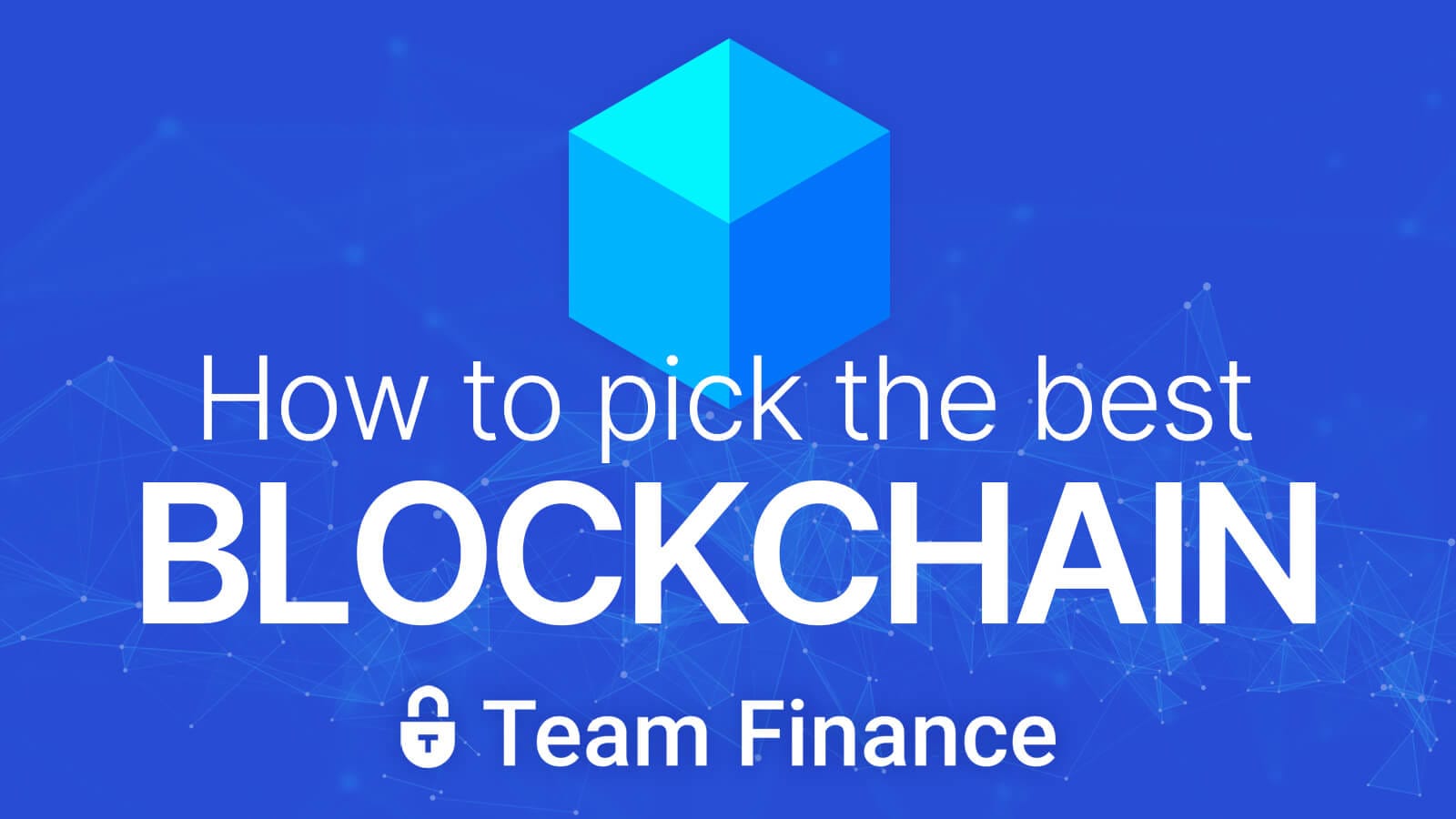Understanding Blockchain Technology
Definition of Blockchain
Blockchain technology is often described as a digital ledger that records transactions in a decentralized manner. Imagine a public diary, where each entry is securely locked, immutable, and visible to everyone involved. This ledger is stored across a network of computers, or nodes, ensuring that no single entity controls the data. This decentralization enhances transparency, dramatically reducing the risk of fraud or corruption that traditional centralized systems often face.
How Blockchain Works
At its core, blockchain operates through a series of processes that ensure secure and valid transactions. Here’s a simple breakdown:
- Transaction Initiation: A user requests a transaction.
- Broadcasting: This request is broadcasted to all nodes in the network.
- Validation: The nodes validate the transaction using cryptographic algorithms, ensuring authenticity.
- Block Creation: Once validated, the transaction is bundled with others into a “block.”
- Chain Addition: This block is added to the existing blockchain, creating a permanent record.
- Update and Confirmation: All nodes are updated with the new block, confirming the transaction.
Think of it like creating a new page in that public diary mentioned earlier; once a page is filled, it cannot be altered without everyone knowing!
Types of Blockchains
There are several types of blockchains, each catering to different needs. Here are the primary categories:
- Public Blockchains: Accessible to anyone, like Bitcoin and Ethereum.
- Private Blockchains: Controlled by a single entity, often used in businesses for internal operations.
- Consortium Blockchains: Managed by a group of organizations, blending public and private features.
Choosing the right type depends on your specific requirements and goals. Understanding blockchain can empower startups to leverage its potential effectively. By keeping this foundational knowledge in mind, you can navigate the exciting landscape of blockchain technology with confidence!

Factors to Consider When Choosing a Blockchain for Your Startup
As your startup contemplates diving into the blockchain realm, it’s vital to weigh several factors to find the best fit for your unique needs. Let’s delve into four critical considerations.
Scalability
Scalability is all about how well your chosen blockchain can handle growth. Picture your startup gaining rapid popularity; will your blockchain be able to manage an influx of transactions without delays? Here are a few scalability questions to ponder:
- Can the blockchain support high throughput?
- Does it enable processing multiple transactions simultaneously?
- Will it accommodate future scalability needs as the startup grows?
For instance, Ethereum has faced scalability challenges, leading to congestion during peak times, while other solutions like Layer 2 protocols are emerging to address this issue.
Security Features
Security is paramount, especially for startups managing sensitive data. Look for blockchains with robust security features:
- Data Encryption: Ensure all transactions are encrypted for confidentiality.
- Node Validation: Opt for systems with strong consensus algorithms to avoid fraudulent activities.
When choosing, research to see if there have been security breaches in the blockchain’s history. A secure foundation is essential for building trust with users.
Consensus Mechanism
The consensus mechanism determines how transactions are validated on the blockchain. Some common mechanisms include:
- Proof of Work (PoW): Resource-intensive but secure, used by Bitcoin.
- Proof of Stake (PoS): Energy-efficient and promotes faster transactions, favored by Ethereum 2.0.
Each has its pros and cons, so consider what aligns best with your startup’s values.
Development Flexibility
Lastly, assess how adaptable the blockchain is for future developments. Can it accommodate smart contracts or custom applications? Development tools and community support play a significant role here.
Startups like yours thrive with a flexible blockchain that welcomes innovation – it’s like choosing a platform that allows you to grow your dream! By considering scalability, security, consensus mechanisms, and development flexibility, your startup can confidently chart a course in the blockchain world.

Popular Blockchains for Startups
Now that you’ve identified key factors to consider when selecting a blockchain, let’s explore some of the most popular options available for startups. Each of these platforms has its unique strengths, making them suitable for different types of projects.
Ethereum
Ethereum is arguably the most well-known blockchain, primarily due to its robust support for smart contracts and decentralized applications (dApps). Here’s why startups often gravitate towards Ethereum:
- Versatility: Easily deploy various applications ranging from finance to gaming.
- Large Developer Community: This offers extensive resources and support.
- Growing Ecosystem: With thousands of projects and tokens, the opportunities are endless.
However, keep in mind that Ethereum has faced scalability issues, which may require Layer 2 solutions for handling high volumes.
Hyperledger
Hyperledger is an open-source project aimed at advancing cross-industry blockchain technologies. What makes it notable for startups?
- Permissioned Networks: Ideal for businesses needing control over who accesses the network.
- Interoperability: Designed to work seamlessly with existing systems.
Startups focusing on supply chain management and corporate solutions often find Hyperledger an invaluable asset due to its strong emphasis on privacy and security.
Stellar
Stellar shines in the realm of cross-border transactions, designed to facilitate the easy transfer of money globally. A few appealing highlights include:
- Low Transaction Costs: Perfect for startups with financial applications.
- Fast Transactions: Stellar boasts speedy transaction times, enhancing user experience.
If your startup revolves around fintech, Stellar could be the ideal foundation.
Corda
Corda focuses on legally acceptable transactions in the private sector, making it a great choice for regulated industries. Key benefits of Corda include:
- Privacy: Transactions are shared only with parties involved, ensuring confidentiality.
- Smart Contracts: Built for complex business logic, perfect for financial services or insurance.
By selecting the right blockchain for your startup, you can harness the power of technology to drive innovation and create impactful solutions! These popular blockchains each offer unique features that cater to various needs, so aligning your choice with your startup’s goals could pave the way for success.

Evaluating and Selecting the Right Blockchain for Your Startup
With a grasp of popular blockchain platforms, it’s time to focus on how to evaluate and select the right one for your startup. Making an informed decision requires a careful assessment of various factors that align with your business objectives.
Assessing Business Needs
Understanding your business’s specific needs is paramount in selecting a blockchain. Consider the following questions:
- What type of transactions will you be handling?
- Do you require high transaction speed or increased security?
- Will your operations demand privacy features?
For instance, if your startup is in the healthcare sector, you might prioritize security and compliance with regulations like HIPAA. Identifying these needs will guide you toward the most suitable blockchain options.
Evaluating Technical Requirements
Next, dive into the technical requirements of the blockchain you’re eyeing. This involves:
- Compatibility: Will it integrate smoothly with your existing systems?
- Scalability: Can the blockchain handle the volume of transactions as your startup grows?
- Development Tools: Are there sufficient resources and documentation available for your development team?
Having a technically savvy team that understands the blockchain’s infrastructure can significantly ease the development process.
Comparing Cost and Resources
Finally, evaluating the costs and resource ramifications is crucial. Consider:
- Initial Setup Costs: What will it take to implement the blockchain?
- Transaction Fees: What are the costs per transaction, and how do they scale?
- Ongoing Maintenance: Assess the resources required to keep the system running smoothly.
Creating a detailed budget can help balance your ambitions without overshooting your resources. Startups that have navigated these evaluations often find that a structured approach aids in making sound, strategic decisions.
By systematically assessing your business needs, technical requirements, and associated costs, you can confidently choose the right blockchain to elevate your startup to new heights! This foundational work will not only streamline your processes but also align perfectly with your long-term goals.

Implementation and Integration of the Chosen Blockchain
Now that you’ve chosen the right blockchain for your startup, it’s time to roll up your sleeves and dive into the implementation and integration process. This phase is crucial for ensuring a smooth transition to blockchain technology and setting the stage for future success.
Setting Up the Blockchain Network
The first step in implementation is setting up the blockchain network. This involves:
- Node Configuration: Determine the number of nodes you’ll need and configure them according to the blockchain type (public, private, or consortium).
- Chain Setup: Create the blockchain itself, establishing parameters like block size and consensus mechanism.
- Design Protocols: Develop protocols for transaction validations, user access, and data management.
For many startups, finding a reliable blockchain development partner can accelerate this process, especially if you’re entering uncharted territory.
Integrating Applications
Once your network is operational, the next step is to integrate it with existing applications. This could mean:
- APIs: Developing Application Programming Interfaces (APIs) to connect your blockchain to various applications seamlessly.
- Front-End Development: Ensuring that your users have a smooth experience when interacting with the blockchain. This might include user interfaces that are intuitive and engaging.
- Legacy Systems: Assessing how legacy systems can work in tandem with the new blockchain setup.
An anecdote from a startup I once worked with involved a significant overhaul of their payment processing system, which integrated effortlessly with their blockchain, boosting efficiency tenfold.
Testing and Deployment
Finally, testing and deployment are vital components. It’s essential to:
- Conduct Comprehensive Tests: Perform unit tests, integration tests, and stress tests to ensure the system performs flawlessly under various conditions.
- Feedback Loops: Gather feedback from beta users to refine the user experience.
- Deployment: Roll out the blockchain network in stages if possible, ensuring that any potential issues are managed before full-scale launch.
With thorough testing, you can catch issues early, allowing your startup to present a polished product. Successfully implementing and integrating your chosen blockchain can empower your startup to leverage this transformative technology for innovative solutions and enhanced operational efficiency. This groundwork paves the way for a prosperous future in the blockchain space!
Case Studies: Successful Implementation of Blockchains in Startups
To truly appreciate the power of blockchain technology, it’s beneficial to explore real-world examples of startups that have successfully implemented it. Let’s take a look at two case studies that illustrate the transformative potential of blockchain.
Case Study 1: Company A
Company A, a fintech startup, decided to implement blockchain technology to enhance the efficiency of their cross-border payment system. Prior to blockchain, they faced significant delays and high transaction fees. By adopting a public blockchain, they:
- Reduced transaction time from days to seconds.
- Cut transaction fees by over 40%.
- Provided customers with greater transparency about payment statuses.
The transition was not without its challenges; however, the extensive testing phase helped identify potential issues before the full deployment.
Case Study 2: Company B
Company B, specializing in supply chain management, leveraged a private blockchain to increase the transparency and traceability of their products. Key outcomes included:
- Improved accountability among suppliers.
- Enhanced tracking of goods from origin to destination.
- Decreased instances of fraud by implementing smart contracts for automatic payments upon delivery confirmation.
Thanks to the feedback from their logistics team during development, the integration proved seamless, demonstrating the importance of user involvement in the implementation process.
Lessons Learned and Best Practices
These case studies underline several important lessons:
- Thorough Planning: Take the time to map out your business processes and identify how blockchain can enhance them.
- Involve Users Early: Engage stakeholders throughout the development process to gather invaluable insights and refine the user experience.
- Start Small: Consider pilot programs to test blockchain functionality before full-scale deployment.
By learning from these successful implementations, startups can navigate the complexities of blockchain adoption confidently. The journey may be challenging, but with thoughtful planning and execution, the rewards are certainly worth it!

Future Trends in Blockchain Technology for Startups
As startups embrace blockchain technology, it’s essential to stay informed about future trends that can shape the landscape. These advancements not only present exciting opportunities for innovation but also challenge how businesses approach their operations. Let’s explore some of the key trends to watch.
Potential Innovations
The blockchain ecosystem is constantly evolving, with several innovations on the horizon that could significantly impact startups. Here are a few to consider:
- Interoperability: Enhanced communication between different blockchains could enable seamless transaction exchanges and data sharing, improving overall efficiency.
- Decentralized Finance (DeFi): This continues to gain traction, allowing startups to offer financial services without traditional middlemen.
- Non-Fungible Tokens (NFTs): Beyond art and collectibles, NFTs are expanding into areas like real estate and event ticketing, opening new avenues for revenue generation.
For instance, a startup could create a platform facilitating the trade of NFT-based real estate, redefining property ownership!
Impact of Emerging Technologies
Blockchain isn’t isolated; it’s intersecting with other emerging technologies like AI, IoT, and 5G. This convergence can lead to innovations such as:
- Smart Cities: Using IoT devices combined with blockchain for improved urban management.
- AI and Machine Learning: Enhancing decision-making and data analysis, especially in sectors like healthcare and retail.
An exciting example is how IoT devices, paired with blockchain, can enable secure, automated systems in supply chains, enhancing tracking and efficiency.
Keeping Up with Industry Changes and Updates
As with any fast-paced sector, staying current is vital. Startups should:
- Subscribe to Industry News: Follow blogs, podcasts, and forums focused on blockchain developments.
- Network with Peers: Attend conferences and workshops to hear firsthand about innovative use cases.
- Join Online Communities: Engage with forums like GitHub and Reddit to share knowledge and experiences.
By actively participating in the blockchain community, startups can leverage these emerging developments to maintain a competitive edge. The future of blockchain technology is bright, full of potential for innovative solutions that can redefine how industries operate! Staying ahead in this dynamic field is essential for any startup looking to maximize the benefits of blockchain technology.

